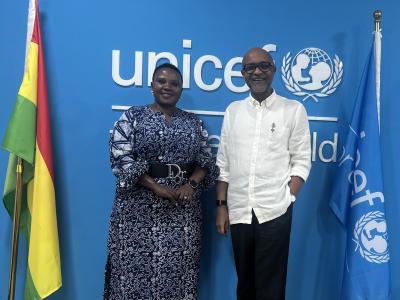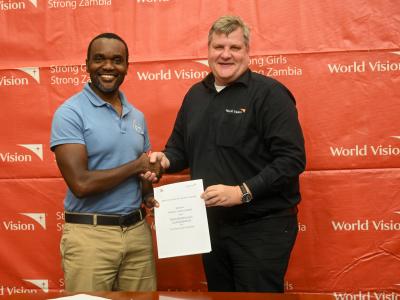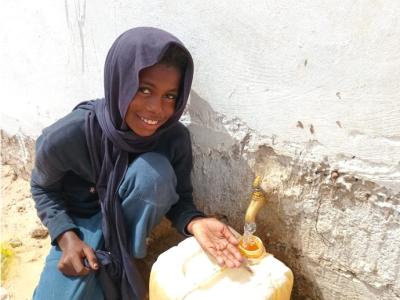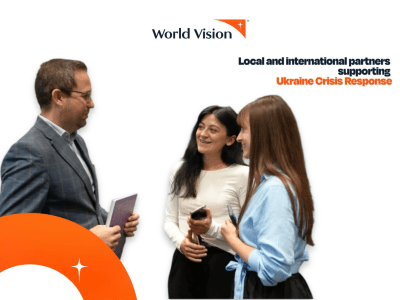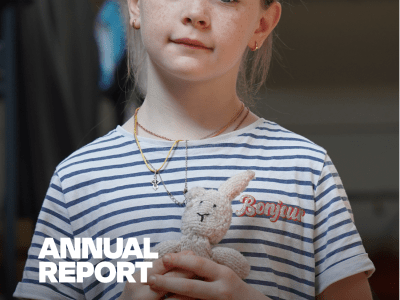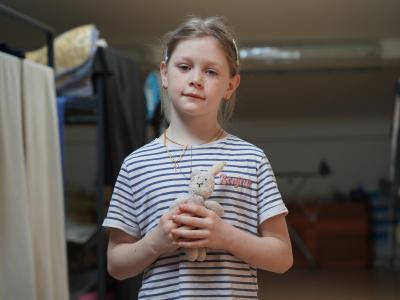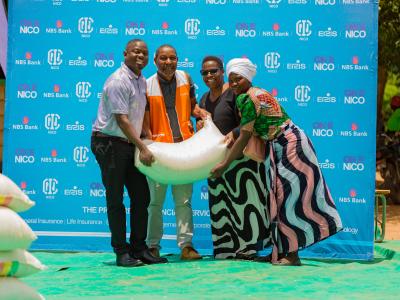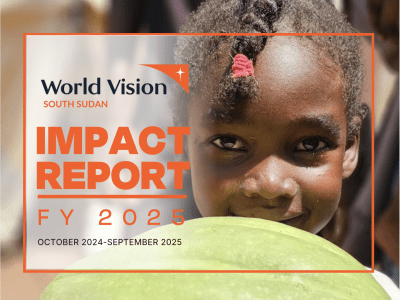article / February 12, 2026
UNICEF Encourages World Vision to Remain a Strong Voice for Children in Ghana
The UNICEF Ghana Country Representative, Mr. Osama Makkawi Khogali, has commended World Vision Ghana for its sustained commitment to advancing child welfare and urged the organisation to continue serving as a strong advocate for children’s rights across the country.
article / February 16, 2026
World Vision Zambia and Epicity Marathon Partner to End Period Poverty
World Vision Zambia (WVZ) and Epicity Marathon Limited officially signed a Memorandum of Understanding (MoU), marking the beginning of a partnership grounded in mutual respect, shared values, and a strong commitment to social impact.
article / February 16, 2026
When water comes home: Partnering to supply hope in Mauritania
In the peri‑urban neighborhoods of Riyad and Dar El Beida in Mauritania, access to safe drinking water has long been unreliable. To respond to this challenge, World Vision worked with local communities and its top ten private‑sector service providers to bring potable water directly into homes, and relieving the burden for 348 people.
publication / February 4, 2026
Who are Ukraine Crisis Response's Partners?
A comprehensive list of World Vision Ukraine Crisis Response's 97 local and international partners since February 2022.
publication / February 18, 2026
Annual Report 2025: Standing With Children Through Four Years of War in Ukraine
As the Ukraine Crisis Response enters its fifth year, the war continues to devastate millions of lives, particularly children. Over the past four years, World Vision Ukraine has reached more than 2.3 million people, including over 1 million children, providing critical support in education, mental health, protection, cash assistance, livelihoods, basic needs services and winterisation.
opinion / February 23, 2026
Four Winters In: What Ukraine’s Children Are Living Through
Four years into the war, Ukraine’s children face deep psychological wounds. Explore how conflict reshapes childhood and what’s being done to help them heal.
article / January 30, 2026
Nico Group Partners with World Vision Malawi to Support The Hunger Stricken Households In Machinga
World Vision Malawi in partnership with NICO Group is providing emergency food assistance to 6,500 households in Machinga District affected by hunger. The initiative delivers 50kg maize bags to over 22,000 people, complementing government relief efforts after Malawi declared a state of national disaster due to prolonged dry spells, rising food prices, and increased vulnerability.
publication / February 12, 2026
World Vision South Sudan FY26 Impact Report
2025 had been a challenging yet productive year for World Vision in South Sudan. Despite funding cuts and growing humanitarian needs, we pressed on—guided by our faith and our commitment to serve. The year had been a testament that when Christ is placed at the centre of our work, hope endures and impact is possible, even in the most difficult circumstances.
